Tee Seng Store
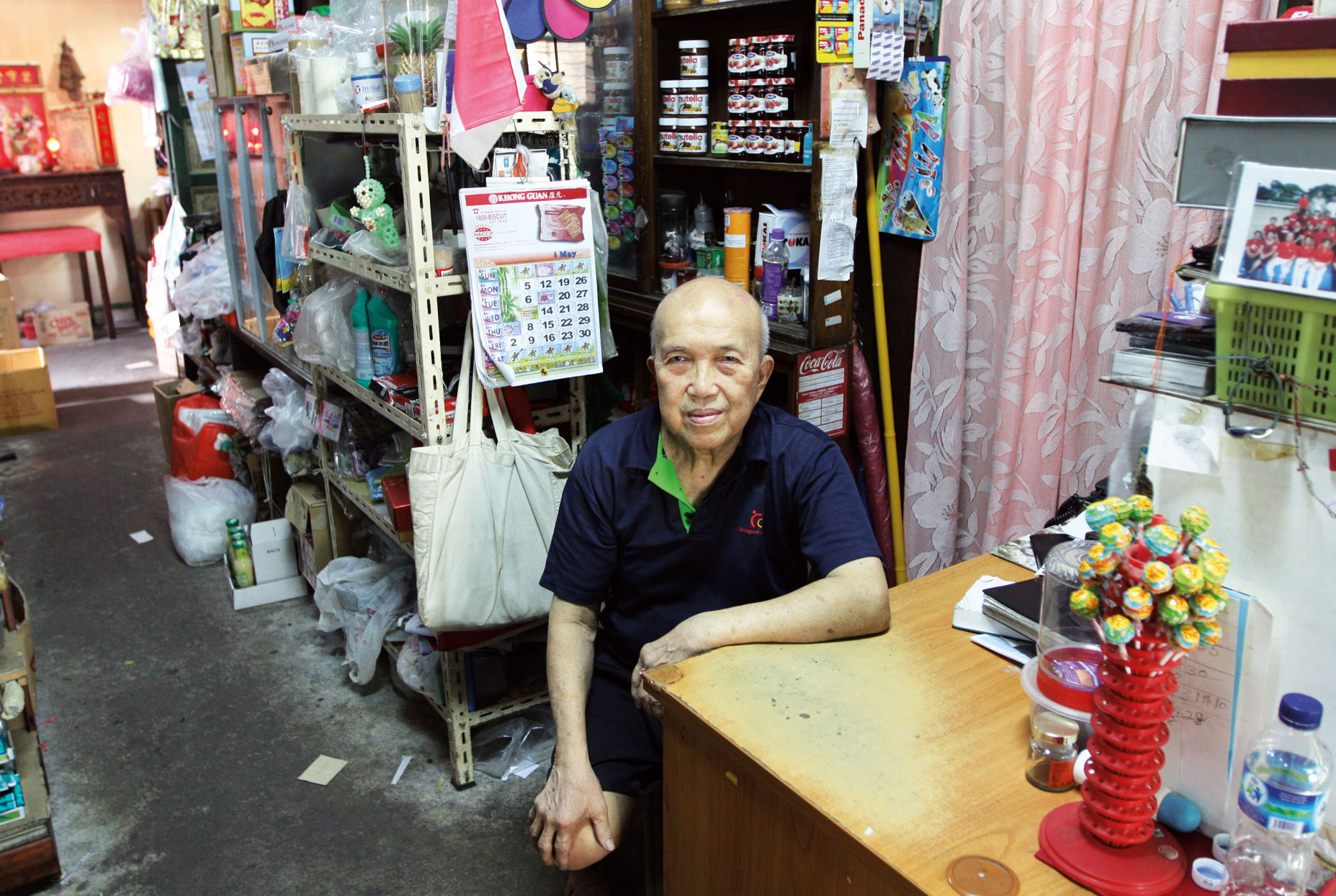
One of the last remaining provision stores in Singapore, Tee Seng Store is a window into the history of the island-nation before it became the booming metropolis many of us know it as today. We paid a visit to its owner, Ang Lu Heng, to find out how his humble shop has miraculously defied the test of time.
Singapore hasn’t always been the fast-paced metropolis it’s widely recognised as today. Before the days of super-efficient train systems, grandiose skyscrapers and 24-hour shopping malls, Singapore’s various neighbourhoods relied heavily on provision shops for procuring everyday goods. Similar to the milk bars of Australia, provision shops were created to serve small communities in need of easy, daily access to everyday supplies. But they were more than just convenience stores – in their heyday in the 1960s and 1970s, many provision shops were more like community hubs. In smaller villages, they were often some of the only buildings with an official address, a telephone and access to electricity, so residents would get their mail sent to their local provision shop or would visit the shop to make and receive calls from the shop phone.
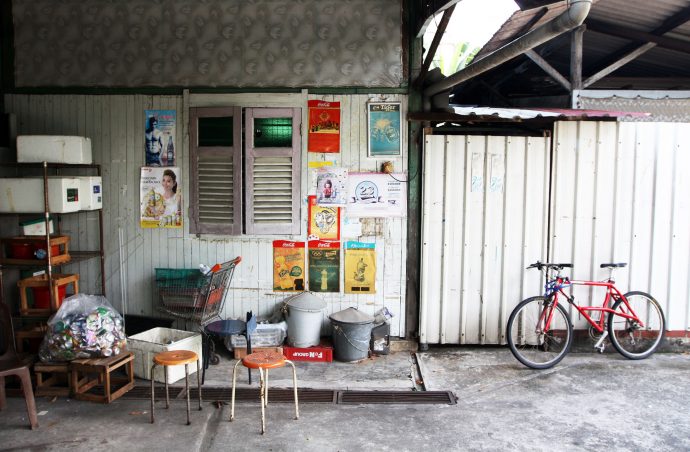
Located on a quiet residential corner of Rosyth Road in Singapore’s northeast, Tee Seng Store has remained largely unchanged since its establishment in the 1950s. The only difference now is the noise, or lack thereof, with the once-bustling hub now filled with a permeating silence intensified by the murmurs of an old-fashioned radio and a rickety oscillating fan. But despite the odds, Tee Seng Store has stood the test of time – largely thanks to its 75-year-old owner Ang Lu Heng (pictured top), who has been working in the store since he was a teenager in the 1950s.
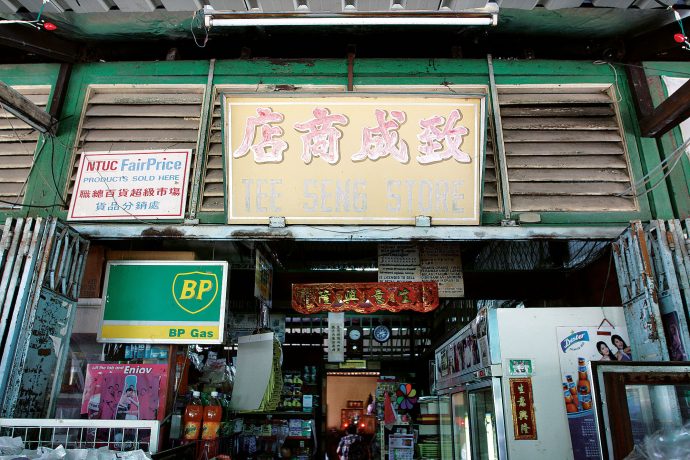
“The store opened in 1955. At that time I was a small boy, working for the previous owner here,” says Lu Heng, who used to deliver goods on bicycle as a teenager working at the store (these days, he continues to make deliveries by car). “I took over in 1960.” His wife assists in the day-to-day running of the store.
“Before, there were more provision shops in the area, but now I’m the only one,” he says.
According to Singapore’s National Heritage Board (NHB), Tee Seng Store is currently the only landed house on mainland Singapore that also functions as a provision shop. The only other existing stores of its kind can be found on Pulau Ubin, a small island (10 square kilometres!) northeast of Singapore, regarded as one of the last rural areas of the nation. Says the NHB: “While business for the provision shops on [Singapore’s] mainland was affected by competition from supermarkets [in the 1980s], provision shops on Pulau Ubin remained relatively unaffected because of the island’s isolated location.”
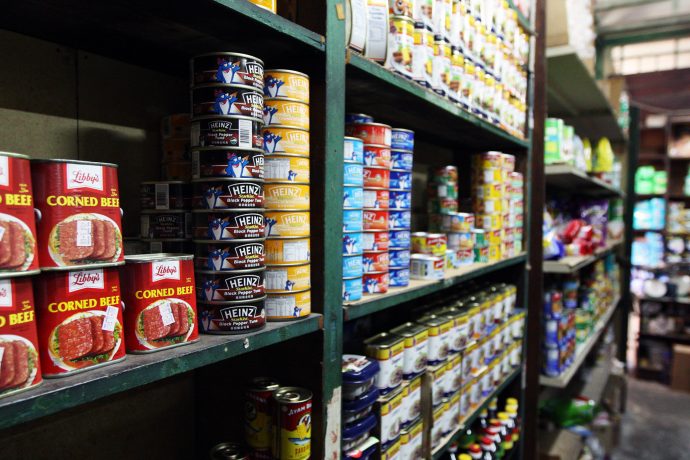
While Tee Seng Store once enjoyed booming trade, Lu Heng admits that “business has become a bit slower over the years.” Though many customers these days prefer to drive to bigger supermarkets for their everyday needs, Lu Heng says the store still has a loyal customer base that helps keep it in business.
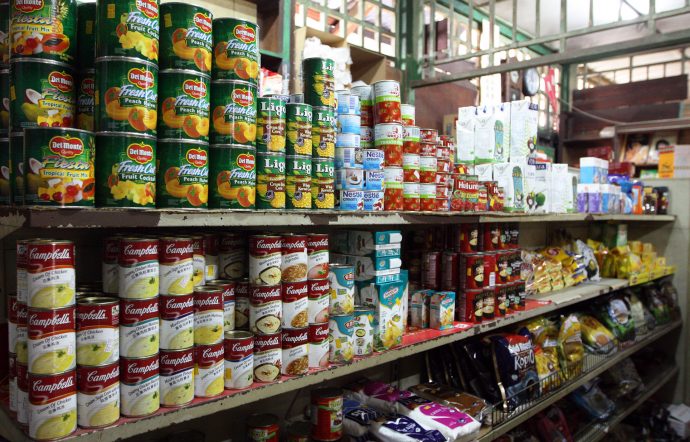
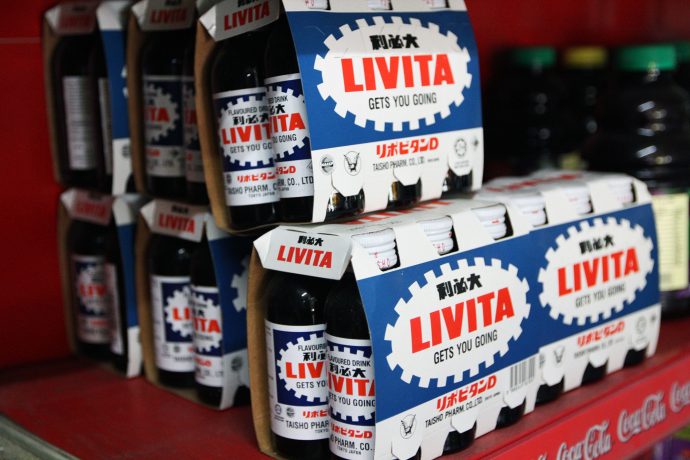
According to the NHB, in 2013 there were less than 200 provision shops left in the country of over 5.3 million people (it’s estimated there were about 3000 provision shops operating in Singapore in the 1980s). It’s an all too common story for traditional Singaporean provision shops to close down when the owners become too old to work, unless their children opt to take over. Lu Heng seems to already know the fate of Tee Seng Store: “when I’m old, I’ll probably give up the shop. My children won’t continue the business.”
Until then, Tee Seng Store remains a jewel in its neighbourhood’s crown, as a living relic of bygone times and of the era before Singapore’s rapid development. Ever dedicated to the business to which he has devoted most of his life, Lu Heng says he’ll continue to operate the store as long as he is able.
Photos and interview by AP editor Sara Savage during her time spent in Singapore; with thanks to Singapore’s National Heritage Board and its lovingly researched community heritage booklet on traditional provision shops in the country.